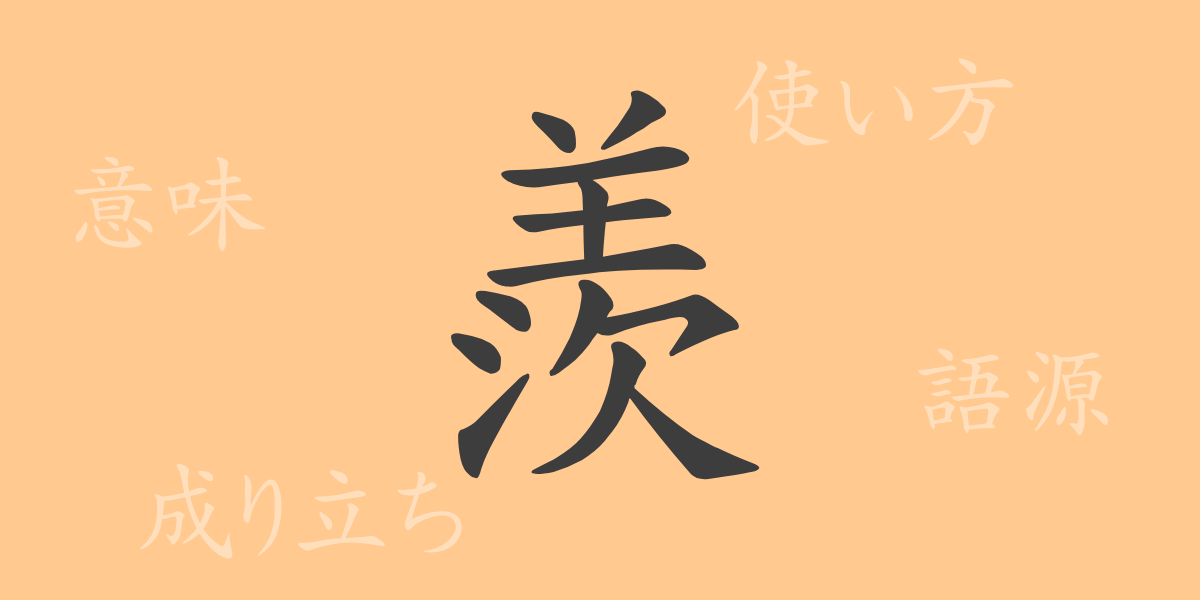Japanese culture is richly reflected in its unique characters, each with its own meaning and history that have shaped the emotions and thoughts of the Japanese people. This article highlights the kanji “羨” (せん), a common yet profound character not often encountered in everyday life, exploring its allure from its origins to its meanings, applications, and the phrases and idioms associated with it.
Origins of 羨
The origin of the kanji “羨” traces back to ancient China. Originally depicting the overflow of water, it evolved to symbolize the desire to possess the good fortunes or happiness of others. This character has long been used in literature and poetry to express fundamental human emotions.
Meaning and Usage of 羨
The kanji “羨” carries the meaning of envy, representing the feeling of longing for someone else’s happiness or success. While this can be seen as positive envy, it can sometimes be perceived negatively as jealousy. Commonly, it is used as an adjective in phrases like “羨ましい” (enviable).
Reading, Stroke Count, and Radical of 羨
Understanding the reading and structure of “羨” deepens comprehension:
- Reading: The On’yomi (Sino-Japanese reading) is “セン” (Sen), and the Kun’yomi (native Japanese readings) include “うらや.む” (to envy), “うらや.ましい” (enviable), and “うらや.ましく” (enviously).
- Stroke Count: “羨” consists of 13 strokes.
- Radical: The radical is “羊” (sheep).
Phrases, Idioms, and Proverbs Involving 羨
“羨” is found in numerous expressions that illustrate the richness of Japanese phrasing:
- 羨望の眼差し (せんぼうのまなざし) – A gaze of envy.
- 羨望の的 (せんぼうのまと) – A target of envy, someone or something that many envy.
- 羨望の念 (せんぼうのねん) – Feelings of envy towards another’s fortune or success.
- 一日の長を羨む (いちにちのながをうらやむ) – To envy a slight advantage or superiority.
Conclusion on 羨
The kanji “羨” serves to express the complex emotion of envy in Japanese. It conveys the nuances between admiration and jealousy with a single character. Understanding the meanings imbued in “羨” not only enriches one’s vocabulary but also provides a deeper appreciation of the expressive power of Japanese language.

























